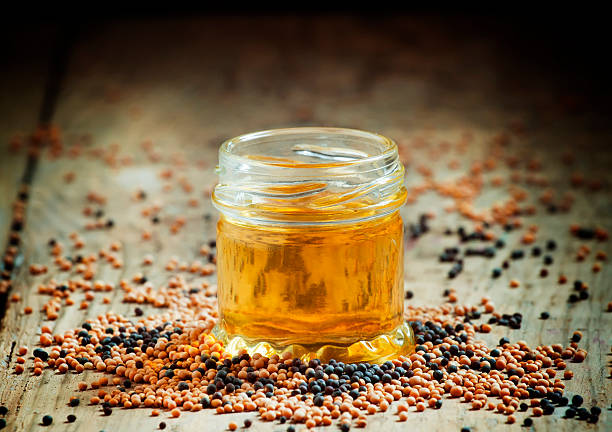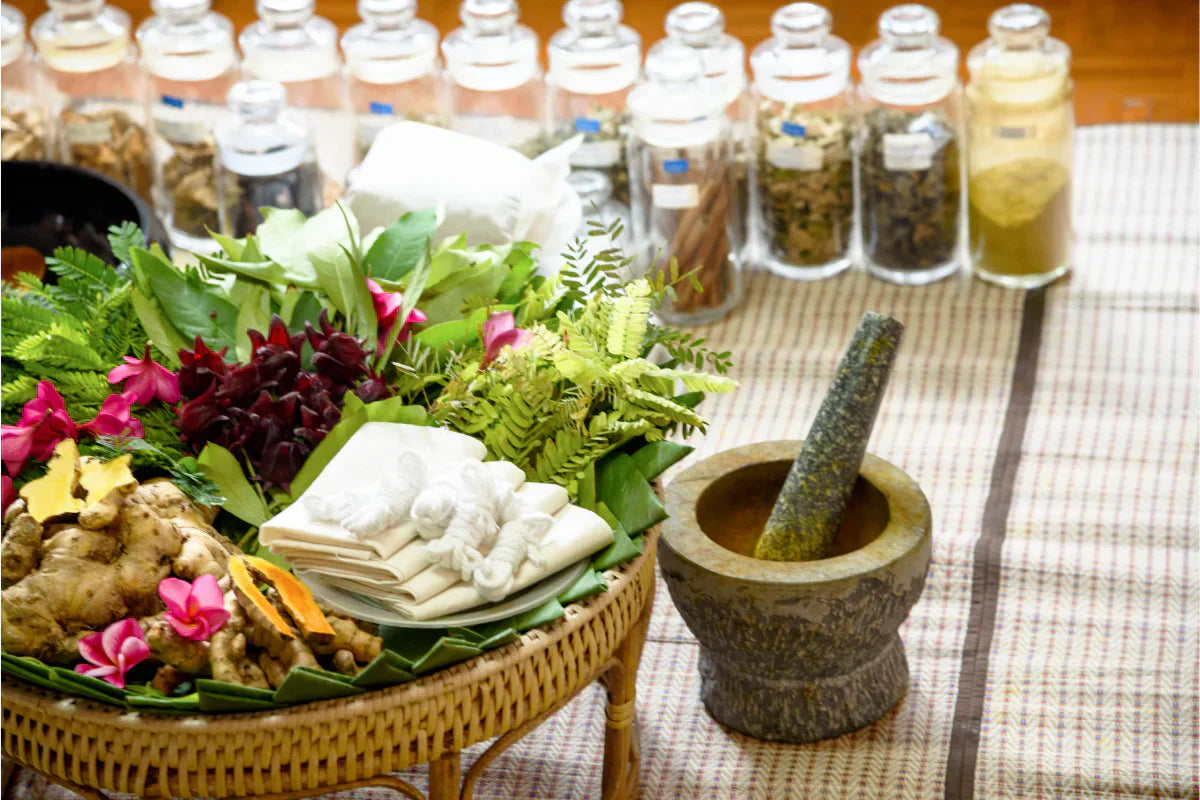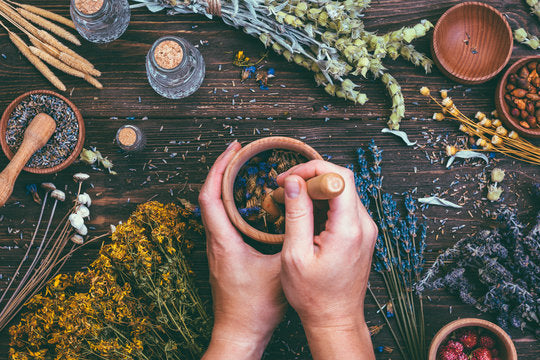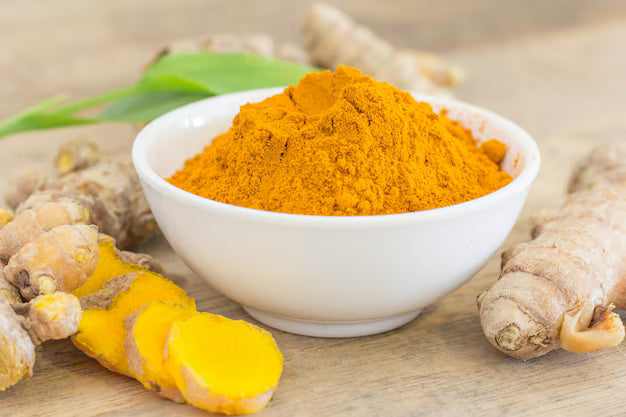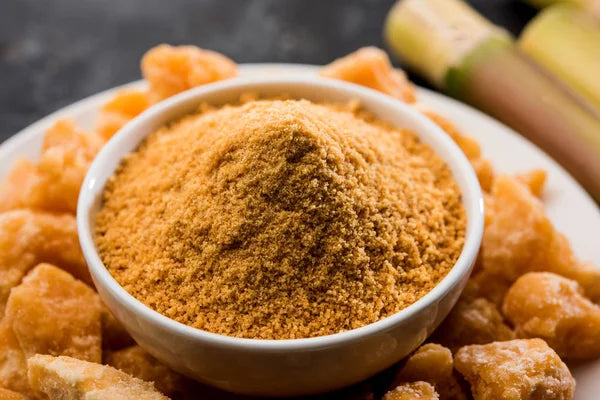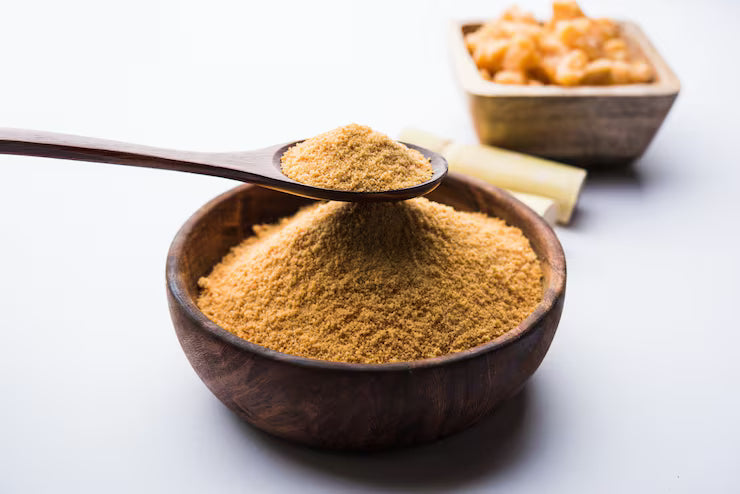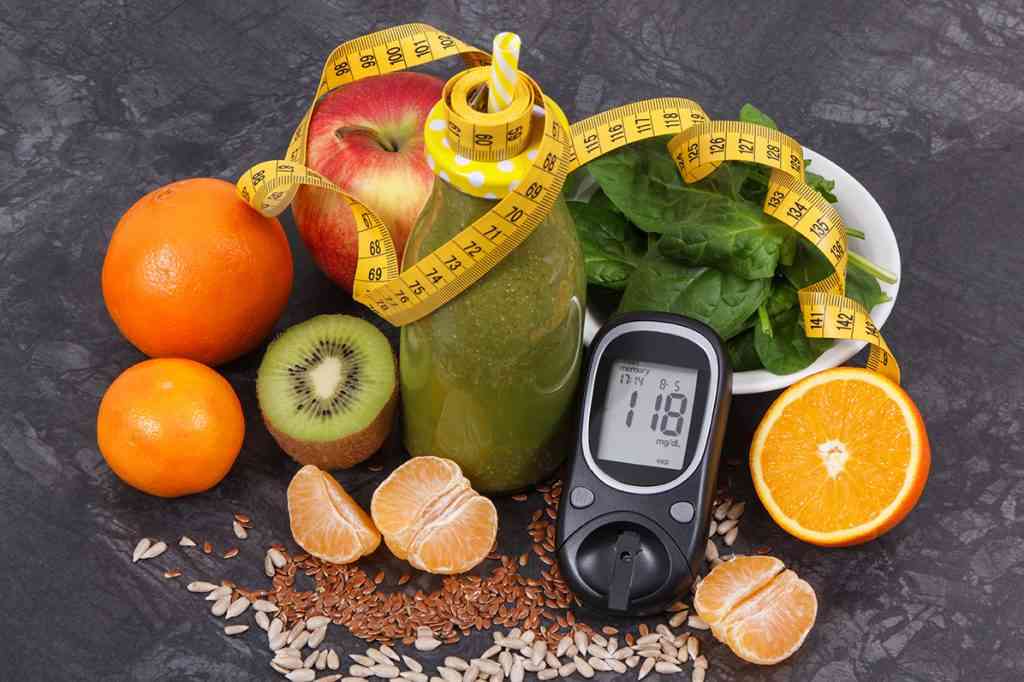An Ayurvedic Guide for The Management Of PCOS Problem Symptoms:

Having regular menstrual cycles from the onset of puberty to menopause is a reassuring confirmation that your body is functioning optimally. The consistent arrival of “those days of the month” acts as a gentle reminder, reflecting a harmonious balance within your reproductive system. However, for many women, irregular periods disrupt this predictable pattern, leaving them guessing and feeling off-balance. This irregularity could potentially manifest as PCOD (Polycystic Ovarian Disease), a significant menstrual disorder that affects a substantial number of women in contemporary times.
Whether you are currently experiencing symptoms of PCOD or are looking for natural ways to manage and treat it, this blog post is specifically designed to meet your needs. Within this post, you will discover comprehensive information about the causes and symptoms of PCOD. It also includes dietary and lifestyle recommendations and Ayurvedic medicine for PCOD to manage it in a safe way.
What is PCOD?

Polycystic Ovarian Disease (PCOD) is characterized by the release of immature or partially mature eggs from the ovaries, which eventually develop into cysts. This affects your menstrual cycle and leads to menstrual health imbalances causing various issues like irregular menstrual cycles, abdominal pain, weight gain, and male pattern hair loss. The ovaries also increase in size and produce elevated levels of male hormones. Other PCOD problem symptoms include
- Skipped or absent menstruation
- Infertility issues
- Mood swings and depression
- Migraines
- Darkening of the skin, particularly in the groin, neck, or under the breasts
- Acne, often found on the upper back, chest, or face
- Hair loss or thinning
- Excessive hair growth on the body, face, back, chest, or belly
- Heavy bleeding during menstruation
Causes of PCOD problem
The development of PCOD is attributed to the blocking of Vata and Pitta doshas by Kapha. Initially, Kapha affects the digestive fire (Jathraagni). The formation of cysts is a result of the accumulation of impurities and toxins in the rasa and Rakta Dhatu (plasma and blood tissue), thereby causing various PCOD problem symptoms. Stress, unhealthy lifestyle habits, hormonal imbalances, and a history of poor diet are commonly observed among PCOD patients.
PCOD Diet for The Management of PCOD Symptoms

Ayurveda emphasizes the importance of the PCOD diet. It’s a diet that involves certain dosha- balancing, dietary changes. By making small dietary changes, women can effectively alleviate PCOD symptoms. These adjustments, tailored to individual needs, play a crucial role in holistic PCOD management and overall well-being.
- Include Kapha-balancing foods in your breakfast. Opt for a diverse range of fresh fruits and non-starchy vegetables such as tomatoes, mushrooms, spinach, and kale, preferably prepared through steaming or boiling methods. This choice of PCOD diet as your breakfast meal will support your PCOD management.
- Avoid heavy lunches. Opt for steamed vegetables in your salads and include a small portion of rice, dal, and vegetables in your meal, making sure to keep the spice levels moderate. A spoonful of ghee will be a delicious and healthy choice for your meals.
- Consume Vata pacifying snacks in the evening. Instead of taking unhealthy snacks or junk foods, you can consume a handful of nuts and healthy seeds. One of the best snacks to include in your PCOD diet plan is foxnuts roasted in cow ghee.
- Conclude your day with dinner no later than 8 pm and make it the lightest meal. Avoid consuming spicy, oily, or heavy foods for dinner. Consume freshly cooked daals (lentils) and light soups to nourish your body and promote a light feeling in the morning.
- Avoid inflammatory foods. This includes processed and red meats, breakfast pastries, white bread, or anything made from white flour.
- Reduce the consumption of refined sugar, salt, and unhealthy fats. junk foods, processed foods, sugar items, eggs, non-vegetarian foods, and alcohol consumption
Lifestyle Recommendations for PCOD Cure

In addition to the dietary tweaks mentioned above, incorporating the following lifestyle changes can greatly contribute to managing and treating PCOD effectively.
- Exercise regularly. You can also do Yoga Asanas to promote relaxation, thereby supporting your PCOD cure. Certain asanas help in opening the pelvic area and induce a sense of calmness. Incorporating poses like Butterfly Pose, Savasana, and Sun Salutation into your yoga practice can be highly beneficial in managing PCOD symptoms.
- Doing Pranayama techniques can further contribute to calming the mind.
- Engaging in activities that promote a calm mind is essential. Gardening, listening to soothing music, and reading are wonderful choices for achieving a sense of relaxation and peace. These activities can help reduce stress levels and contribute to overall well-being. Find what brings you joy and serenity, and make time for these activities in your daily routine.
- Stay hydrated throughout the day.
- Follow a consistent sleep routine to improve your hormonal balance and support your overall health and well-being.
- Quit smoking if you smoke. It increases the risk of infertility and adversely affects your menstrual cycle.
Ayurvedic Medicines For PCOD
Ayurveda offers a non-hormonal approach to PCOD cure. The Ayurvedic approach to PCOS cure may differ from person to person, but it commonly focuses on incorporating specific herbs and Ayurvedic medicine for PCOD to help maintain hormonal balance and improve the condition.
- Restone: This Ayurvedic formulation is an irregular period tablet and a wonderful Ayurvedic medicine for PCOD. It contains a blend of time-tested herbs that work together to promote a healthy menstrual cycle and balance hormones. By addressing the root causes of PCOD, Restone helps regulate periods, prevent irregular menstrual cycles, and alleviate the most common symptoms associated with PCOD. Restone is available in both irregular-period tablet and syrup forms, providing options for individuals to choose the most convenient method of consumption.
- Shatavari Churna: Shatavari, a potent herb in Ayurveda, is highly effective in treating reproductive and female health issues, including PCOD. It manages infertility and menstrual health and relieves PCOD symptoms. To improve your health with the real goodness of Shatavri, you can take 3-6 grams of Maharishi Ayurveda Shatavari Churna with warm milk. This herbal supplement balances the hormones and supports the ovarian plexus, preventing new cyst formation and disease recurrence. It also regulates the menstrual cycle, normalizes flow, and enhances uterine and ovarian health. Shataariri is regarded as the best ayurvedic medicine for an irregular period for its wide array of curing problems.
- Kanchnar Guggulu: This potent formulation helps in the elimination of toxins and waste from the body. Kanchanar, known for its remarkable healing properties, is utilized for PCOD cures. It effectively addresses menstrual disorders like ovulation issues, amenorrhea, and hormonal imbalances, while also supporting weight loss. Taking 1-2 tablets of this potent herb twice a day helps you manage PCOD.
Other herbs that are beneficial for women experiencing PCOD symptoms include Bilva, Pippali, Ashwagandha, turmeric, Dashmool, Sunthi (Soonth), Punarnava, Guduchi, and Haritaki.
Conclusion
Dealing with PCOD can be overwhelming, but Ayurveda offers a holistic approach that focuses on addressing the underlying causes of this condition. Instead of simply treating the symptoms, Ayurveda provides comprehensive solutions that aim for long-lasting results through their irregular period tablets, syrups, and herbs. We hope that the root cause-based Ayurvedic solutions shared in this blog will encourage you to prioritize self-care and effectively manage PCOD symptoms. By incorporating Ayurvedic practices and making positive lifestyle changes, you can restore harmony to your body and experience true healing.
Popular Posts

What Is Detox? Understanding Ayurvedic Detox and Why It Works Differently
09 Jan, 2026When the word ‘detox’ comes up, most of us picture ourselves guzzling down detox water or sufferi...
Read more
Intermittent Fasting vs Detox: What Your Body Is Really Asking For?
07 Jan, 2026Have you ever woken up feeling tired even after a full night’s sleep?Or felt bloated, foggy, and ...
Read more
Do Ayurvedic Facial Oils Clog Pores? The Truth About Non-Comedogenic Herbs
31 Dec, 2025Introduction — Oils Aren’t the Enemy, Imbalance Is Oils themselves are not the cause of acne o...
Read more



 Popular Read
Popular Read






































